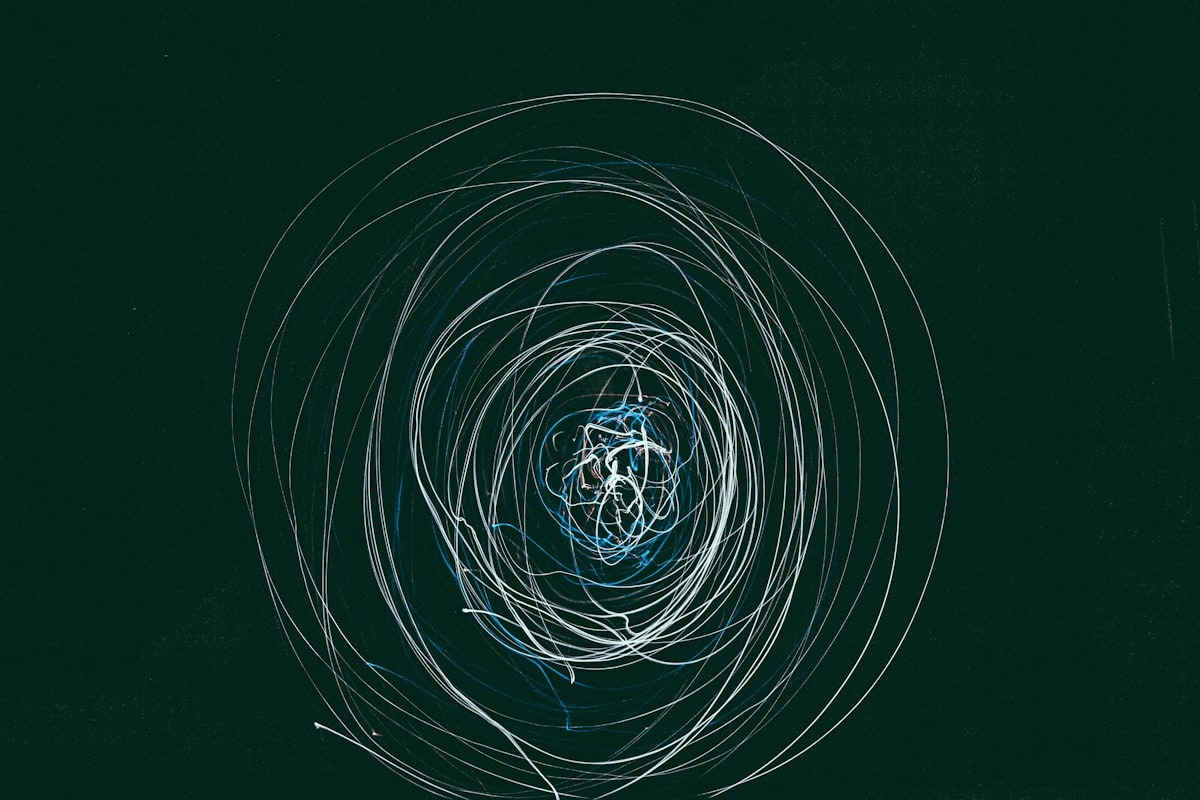If you’ve been on Twitter lately, you’ve probably seen some of the fantastic (and funny) things people do with OpenAI’s ChatGPT bot.
my job is now 100% automated pic.twitter.com/uyk6PurvgH
— Turner Novak 🍌🧢 (@TurnerNovak) December 3, 2022
However, who owns the intellectual property rights related to content generated by artificial intelligence?
Like most people on the internet, we decided to answer this question by asking ChatGPT what it thought.
Here is what it came up with.
In general, the creator of a work is considered to be the owner of the intellectual property rights in that work. This means that if a person creates a piece of content using OpenAI's ChatGPT bot, that person would be considered the owner of the intellectual property rights in that content. However, there are some important factors to consider when it comes to ownership of intellectual property rights in content generated by a chatbot like ChatGPT.
First, the terms of use for ChatGPT specifically state that OpenAI retains the right to use any content generated using the bot for its own purposes. This means that while the person who created the content may have certain rights in the content, OpenAI also has the right to use the content in certain ways. Additionally, it's important to note that the use of a chatbot like ChatGPT may involve the use of other intellectual property, such as copyrighted works or trademarks. In these cases, the rights in that intellectual property would need to be considered as well.
For example, if the content generated by ChatGPT includes a copyrighted work, the person who created the content would not have the right to use that work without permission from the copyright owner. Overall, while the person who creates content using ChatGPT may be considered the owner of the intellectual property rights in that content, there are many factors that can affect ownership and the rights associated with that content.
It's always a good idea to carefully review the terms of use for any tools or services you use to generate content, and to consult with a lawyer if you have questions about ownership or other legal issues related to your content.
The first point by ChatGPT is that “the creator of a work is considered the owner of the intellectual property rights in that work.”
While that may be the case, who precisely is the work’s creator when inputs are sent to artificial intelligence software provided by a third party, which then returns an output?
Is it the human that provides the inputs and sets the output parameters?
Is it the provider of the software (e.g., OpenAI)?
Is it the software (and can software even own intellectual property rights)?
Or does it fall into the public domain because it is not eligible for copyright protection?
Well, it depends...
In the United States, the Copyright Act protects “original works of authorship,” and the Copyright Office has required such “authorship” to be in the form of human authorship.
For instance, US courts have rejected granting authorship rights to animals (e.g., Naruto v. Slater, where PETA sued for copyright infringement on behalf of a monkey who took a selfie with Slater’s camera).
Meanwhile, in China, a court has ruled that a work generated by AI qualifies for copyright protection.
ChatGPT bot, while probably not authorized to speak on OpenAI’s behalf (but who knows), suggests that it is the human providing the inputs that own the intellectual property rights in the generated content (while OpenAI retains the right to use such content).
Others have expressed that OpenAI’s grant of commercial rights sidesteps the tough intellectual property questions we raised above and assert that the generated content is not copyrightable and, thus, falls into the public domain.
So, where does that leave us?
Unfortunately, it is not entirely clear who (if anyone) owns the copyright in content generated by artificial intelligence.
For instance, in February 2022, the Copyright Office rejected copyright registration for an image created through an algorithm but left open the possibility of registering AI-generated content created with sufficient creative input.
Conversely, a graphic designer obtained a copyright registration for artwork created via an artificial intelligence image generator.
This tells us that disputes will likely be resolved case-by-case in light of the facts and circumstances surrounding the creation (e.g., how much of the content required the creativity of the input vs. the generation of the output).
About Me
Hey, if you like this article, you should follow me on Twitter (I tweet about venture, web3, and sports (with plenty of dad jokes)), check out what we are building, or set a time to chat.
Disclaimer: While I am a lawyer who enjoys operating outside the traditional lawyer and law firm “box,” I am not your lawyer. Nothing in this post should be construed as legal advice, nor does it create an attorney-client relationship. The material published above is intended for informational, educational, and entertainment purposes only. Please seek the advice of counsel, and do not apply any of the generalized material above to your facts or circumstances without speaking to an attorney.


